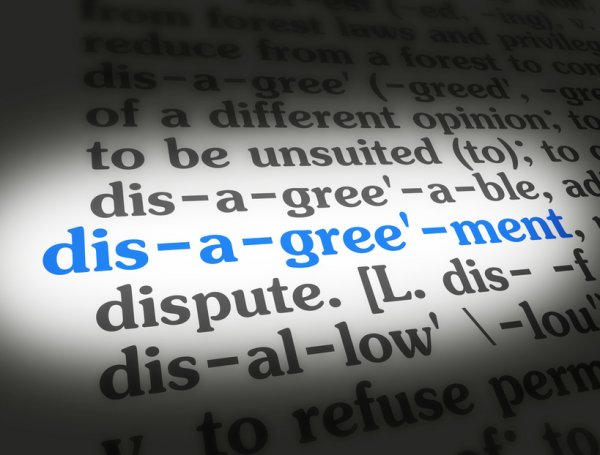Bill Shorten says Labor has no plans to scrap the private health insurance rebate while shadow health minister Catherine King has adopted very careful language in refusing to rule out changes.
Speaking on Sky News yesterday, Ms King stopped short of ruling out changes to the rebate, deferring to Labor's commitment to cap premium increases at two percent for two years and commission a Productivity Commission inquiry on the industry.
Labor announced the cap and inquiry after leader Bill Shorten also refused to rule out changes to the rebate during a recent National Press Club address.
Mr Shorten subsequently committed to retaining the rebate but Ms King's statements yesterday suggest Labor wants to keep options on the table in the context of a Productivity Commission inquiry and potential changes.
While once again blaming the industry for premium increases, having already accused insurers over the weekend of "treating Australians as fools" over the lowest average rise in 17 years, Ms King said a Labor government would "wait and see" should its Productivity Commission inquiry recommend changes.
“I’m not going to engage now, before we’ve had a general election, before Labor if we’re fortunate enough to form government, has given the terms of reference to the Productivity Commission, I’m not going to engage what we might or might not do, given that we don’t know what it’s going to say," she said.
Pressed further, Ms King acknowledged the importance of the rebate to the affordability of private health insurance, but still would not rule out further winding back the contribution that for millions of Australian represents a direct subsidy around 25.5 percent of their premium.
In a subsequent media appearance, Mr Shorten said Labor had "no plans to scrap the private health insurance rebate” but did not rule out making changes.
Governments have made a number of changes to the former 30 percent rebate that have contributed to rising concern over the affordability of private health insurance.
The former Labor government introduced means-testing, indexation to the consumer price index, which uncoupled the rebate from the cost of premiums, and removed the rebate from Lifetime Health Cover loadings.
The current Coalition government generated $1.7 billion in savings over five years by freezing the income thresholds for rebate eligibility at 2014-15 levels until 2020-21.
Speaking in response to Mr Shorten and Ms King, health minister Greg Hunt called on Labor to "rule out making any changes to the rebate" and scrap its policy to remove the rebate from basic cover policies.
"Until this happens, Labor is putting private health insurance at risk. Australians could miss out on the new healthcare and latest medical treatments being developed," said Mr Hunt.
Private Healthcare Australia CEO Dr Rachel David said Labor’s failure to guarantee the rebate's future would "cause great concern among low and middle-income earners and older Australians who value their private health insurance." “The means-tested PHI rebate is paid to individuals on low and middle incomes to help them access non-emergency surgery, mental health care and dental care among other medical procedures. It is not paid to health funds," said Dr David. “About 50 per cent of people with private health insurance have an annual income of under $50,000 a year. The majority of those are either full pensioners, part pensioners or superannuants on low incomes and these people will be hardest hit by further change.
“Low and middle income earners are already experiencing the impact of changes to the rebate which is now about 25.5%, not 30%."
She continued, “The PHI Rebate allows a greater proportion of the population to access private health care, which benefits the wider community by reducing waiting times in public hospitals. A healthy private sector is essential to the sustainability of Australia’s health system and the Private Health Insurance rebate is a key component of this.”
